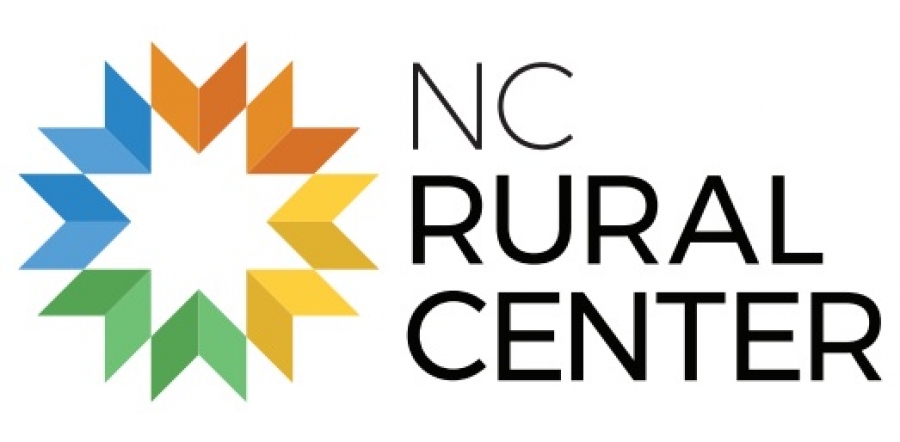Six Roanoke Valley residents recently graduated from the North Carolina Rural Center’s Homegrown Leaders program.
The graduates were — Chester B. Williams of Halifax County, who is CEO of ABC2; Shannon McAllister of Halifax County, who is the executive director of the John 3:16 Center;
Kayla Taylor of Halifax County, who is the community outreach director of Vidant North, Roanoke Valley Community Health Initiatives; Tyrus Davis, board chair of ABC2;
Cynthia Debreaux, Halifax County Schools director of programs for exceptional children;
Rev. Dawn Daly-Mack of Northampton County, who is associate minister of Cool Spring Missionary Baptist Church and a registered nurse at Rural Health Group.
The Homegrown Leaders program is a three-day regional leadership and economic development program that develops and supports highly-motivated leaders who are committed to building regional collaboration across multi-county regions in the state.
For the past two years, the program has served Western North Carolina. Over the next two years, however, the leadership and economic development training program will cover a 42-county region in Eastern North Carolina.
The first virtual training in the region, held November 18-20, attracted existing and emerging leaders from a seven-county region that included Martin, Hertford, Edgecombe, Halifax, Nash, Northampton, and Wilson counties.
The class typically meets in-person but the program was held virtually due to the ongoing challenges of the coronavirus pandemic. “Restructuring the course curriculum for online delivery was certainly challenging, but how we ultimately convened the training underscored the critical importance of innovation in leadership development and regional collaboration,” said Rural Center Director of Leadership Bronwyn Lucas.
Certificates are presented to the program's 32 graduates upon completion of the training.
“Leadership development is at the core of the Rural Center’s work, and now more than ever it is important that our leaders are equipped with the skills and tools to foster growth and innovation,” said Rural Center President Patrick Woodie. “We’re excited to see the impact our Homegrown Leaders graduates will have in their communities and regions, especially as we try to move through and recover from the coronavirus pandemic.”
Class participants included economic development professionals, educators, and civic and nonprofit leaders.
“Homegrown Leaders creates a space for rural leaders to train alongside their peers from across their region, building and strengthening partnerships that reach across county lines and work toward a common vision of a thriving rural North Carolina,” said Lucas. “We are thrilled these talented graduates will now be joining the Rural Center’s leadership alumni network of more than 1,300 rural leaders across the state.”
The Homegrown Leaders training sessions in Eastern North Carolina are funded by the U.S. Economic Development Administration, the Anonymous Trust, the North Carolina Community Foundation, Smithfield Foods, the North Carolina Commission on Volunteerism and Community Service, and First National Bank.
For more information about Homegrown Leaders, visit the Rural Center’s website








